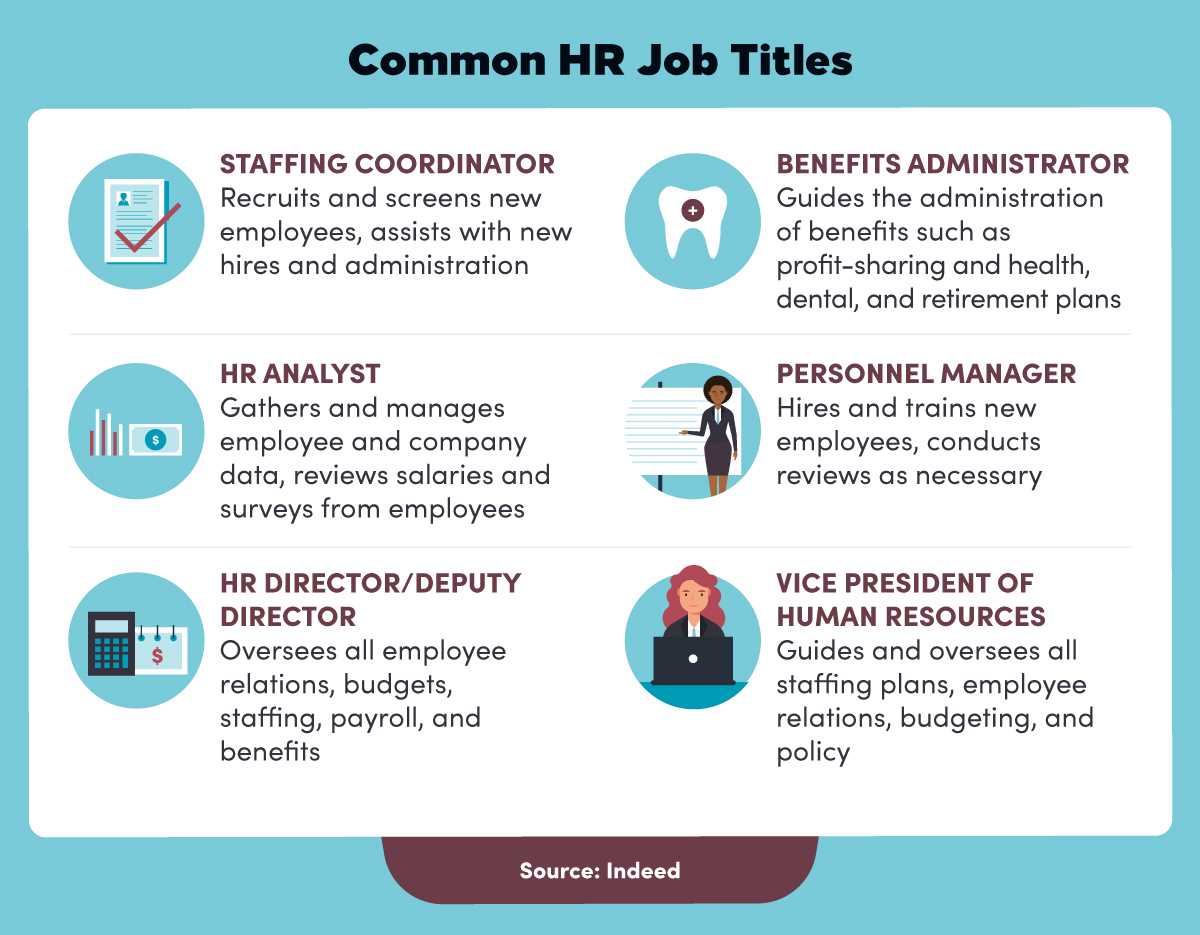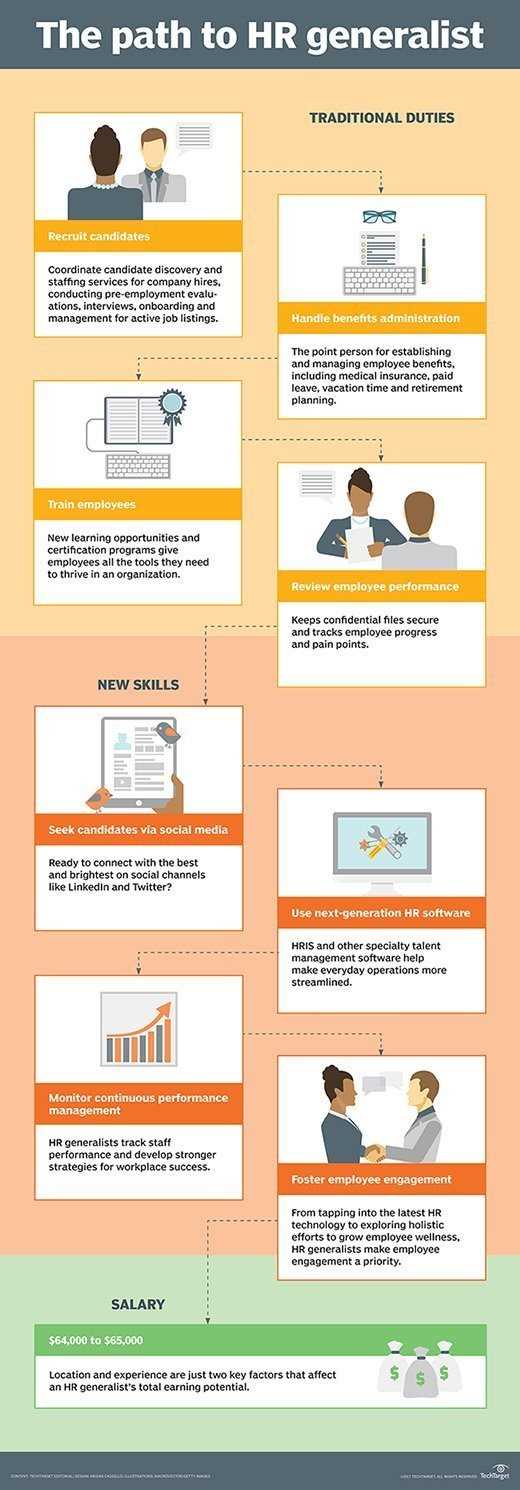Definition of Human Resources (HR)
Human Resources (HR) is a crucial department in any organization that is responsible for managing and developing the workforce. HR plays a vital role in ensuring that the right people are hired, trained, and retained to achieve the organization’s goals and objectives.
Role of HR
The primary role of HR is to align the organization’s human capital with its strategic goals. This involves various functions such as recruitment, training and development, performance management, employee relations, compensation and benefits, and organizational development.
HR professionals are responsible for attracting and selecting qualified candidates for job openings. They develop recruitment strategies, advertise job vacancies, screen resumes, conduct interviews, and make hiring decisions. HR also plays a crucial role in onboarding new employees and ensuring they have a smooth transition into the organization.
Another important aspect of HR is training and development. HR professionals identify the training needs of employees and design and implement training programs to enhance their skills and knowledge. This helps employees to grow and develop in their roles, which ultimately benefits the organization.
Performance management is another key responsibility of HR. They establish performance standards, conduct performance evaluations, and provide feedback and coaching to employees. HR also plays a role in managing employee relations, resolving conflicts, and ensuring a positive work environment.
Compensation and benefits is another critical function of HR. They develop and administer compensation and benefits programs to attract and retain talented employees. HR professionals ensure that employees are fairly compensated for their work and receive benefits such as health insurance, retirement plans, and paid time off.
Lastly, HR is involved in organizational development. They work closely with management to identify and implement strategies to improve the organization’s structure, culture, and processes. HR professionals also play a role in change management, ensuring that employees are prepared and supported during times of organizational change.
Importance of HR
HR also plays a crucial role in ensuring compliance with employment laws and regulations. They ensure that the organization follows legal requirements related to hiring, compensation, working conditions, and employee rights.
Challenges Faced by HR Professionals
HR professionals face various challenges in their role. One of the main challenges is attracting and retaining top talent in a competitive job market. HR needs to develop effective recruitment strategies and offer competitive compensation and benefits packages to attract and retain skilled employees.
Another challenge is managing employee relations and resolving conflicts. HR professionals need to have strong interpersonal and communication skills to handle employee issues effectively and maintain a positive work environment.
Additionally, HR professionals need to stay updated with changes in employment laws and regulations to ensure compliance. They must also keep up with industry trends and best practices to develop and implement effective HR strategies.
The Role of Human Resources (HR) in Business
Strategic Planning
One of the key roles of HR is to align the human resources strategy with the overall business strategy. HR professionals work closely with top management to understand the organization’s goals and objectives and develop HR policies and programs that support them. They analyze the workforce needs, identify skill gaps, and create strategies to attract and retain talented individuals who can contribute to the company’s growth.
Recruitment and Selection
HR professionals are responsible for attracting and selecting the right candidates for job positions within the organization. They develop job descriptions, advertise job openings, and screen resumes to identify potential candidates. They conduct interviews, assess candidates’ skills and qualifications, and make recommendations to the hiring managers. HR professionals also ensure that the recruitment process is fair and unbiased, following equal employment opportunity guidelines.
Once the candidates are selected, HR professionals handle the onboarding process, which includes completing necessary paperwork, conducting orientation programs, and introducing new employees to the company’s policies, procedures, and culture.
Employee Training and Development
HR professionals are responsible for designing and implementing training and development programs to enhance the skills and knowledge of employees. They identify training needs, develop training materials, and coordinate training sessions. They also evaluate the effectiveness of training programs and make necessary adjustments to ensure continuous improvement.
In addition to training, HR professionals also focus on the development of employees. They provide opportunities for career growth and advancement, identify potential leaders within the organization, and create succession plans to ensure a smooth transition of key roles.
Employee Relations and Well-being
HR professionals play a crucial role in maintaining positive employee relations within the organization. They handle employee grievances, mediate conflicts, and ensure that employees are treated fairly and equitably. They also promote a healthy work environment by implementing policies and programs that support work-life balance, employee engagement, and well-being.
Compliance with Employment Laws

HR professionals are responsible for ensuring that the organization complies with all relevant employment laws and regulations. They stay updated with changes in labor laws and make necessary adjustments to HR policies and practices to ensure compliance. They also handle employee-related legal issues, such as discrimination claims, harassment complaints, and workplace safety concerns.
Key Responsibilities of Human Resources (HR) Department
Here are some key responsibilities of the HR department:
| Responsibility | Description |
|---|---|
| Recruitment and Selection | The HR department is responsible for attracting, recruiting, and selecting qualified candidates for job openings within the organization. This includes creating job descriptions, advertising vacancies, screening resumes, conducting interviews, and making job offers. |
| Employee Onboarding | Once a candidate is hired, the HR department is responsible for ensuring a smooth onboarding process. This includes conducting orientation sessions, providing necessary paperwork, and introducing new employees to the company culture and policies. |
| Employee Training and Development | The HR department is responsible for identifying the training and development needs of employees and implementing programs to enhance their skills and knowledge. This may include organizing workshops, seminars, and training sessions. |
| Performance Management | The HR department is responsible for implementing performance management systems to monitor and evaluate employee performance. This includes setting performance goals, conducting performance reviews, and providing feedback and coaching to employees. |
| Compensation and Benefits | The HR department is responsible for developing and implementing compensation and benefits programs that attract and retain top talent. This includes designing salary structures, administering employee benefits, and ensuring compliance with labor laws. |
| Employee Relations | The HR department is responsible for fostering positive employee relations and resolving conflicts within the organization. This includes handling employee grievances, conducting investigations, and promoting a healthy and inclusive work environment. |
| HR Policies and Procedures | The HR department is responsible for developing and implementing HR policies and procedures that align with the organization’s goals and values. This includes creating employee handbooks, updating policies, and ensuring compliance with employment laws. |
| HR Data Management | The HR department is responsible for maintaining accurate and up-to-date employee records and data. This includes managing payroll, tracking attendance, and ensuring the confidentiality and security of employee information. |
| Employee Engagement | The HR department is responsible for promoting employee engagement and satisfaction. This includes organizing employee events, conducting surveys, and implementing initiatives to improve work-life balance and overall employee well-being. |
| Compliance | The HR department is responsible for ensuring compliance with labor laws, regulations, and industry standards. This includes staying updated on changes in employment laws, conducting audits, and implementing policies to mitigate legal risks. |
These are just some of the key responsibilities of the HR department. The HR team plays a vital role in supporting the organization’s strategic goals and ensuring the well-being and success of its employees.
The Importance of Human Resources (HR) in Business Success
1. Strategic Workforce Planning

2. Employee Development and Training
HR is responsible for creating and implementing employee development and training programs. These programs help employees acquire new skills and knowledge, enabling them to perform their jobs more effectively. By investing in employee development, HR contributes to the overall growth and success of the organization.
3. Employee Engagement and Satisfaction
HR plays a crucial role in fostering employee engagement and satisfaction. By creating a positive work environment, promoting work-life balance, and implementing employee recognition programs, HR professionals can enhance employee morale and motivation. Engaged and satisfied employees are more likely to be productive and committed to the organization’s success.
4. Performance Management
HR is responsible for implementing performance management systems to ensure that employees are meeting their goals and objectives. This involves setting clear expectations, providing regular feedback, and conducting performance evaluations. By effectively managing employee performance, HR contributes to the overall productivity and success of the organization.
5. Compliance with Employment Laws and Regulations
HR professionals play a crucial role in ensuring that the organization complies with employment laws and regulations. They are responsible for staying up-to-date with changes in labor laws, handling employee grievances, and ensuring fair and equitable treatment of employees. By ensuring compliance, HR minimizes the risk of legal issues and protects the organization’s reputation.
Challenges Faced by Human Resources (HR) Professionals
Human Resources (HR) professionals play a crucial role in managing the workforce of an organization. However, they often face various challenges that can hinder their effectiveness and impact on the overall success of the business. These challenges can arise from both internal and external factors, and it is important for HR professionals to be aware of them and find effective solutions.
Another challenge faced by HR professionals is managing diversity and inclusion in the workplace. With a diverse workforce, HR professionals need to create an inclusive environment where all employees feel valued and respected. This involves implementing diversity training programs, promoting diversity in leadership roles, and addressing any discrimination or bias that may arise.
HR professionals also face challenges in managing employee performance and development. They need to establish effective performance management systems, provide regular feedback and coaching to employees, and create opportunities for their professional growth and development. This requires HR professionals to have strong interpersonal and communication skills to effectively manage and motivate employees.
Additionally, HR professionals often face challenges in navigating through complex labor laws and regulations. They need to stay updated with the latest legal requirements and ensure that the organization is in compliance with them. This includes managing employee benefits, handling workplace disputes, and ensuring fair and ethical treatment of employees.
Furthermore, HR professionals may face challenges in managing organizational change and transformation. They need to effectively communicate and implement changes, address employee resistance, and ensure that the organization’s culture and values are upheld throughout the process. This requires strong leadership and change management skills.
Lastly, HR professionals also face challenges in leveraging technology and data analytics to enhance HR processes and decision-making. With the increasing use of HR software and data-driven insights, HR professionals need to adapt to new technologies and develop their analytical skills to make informed decisions and improve HR practices.

Emily Bibb simplifies finance through bestselling books and articles, bridging complex concepts for everyday understanding. Engaging audiences via social media, she shares insights for financial success. Active in seminars and philanthropy, Bibb aims to create a more financially informed society, driven by her passion for empowering others.
